Description
More than 30 years ago, brothers Helio Zancaner Sanchez and Evandro Sanchez looked for suitable land in Cerrado Mineiro for planting coffee. Currently, their farm in Coromandel is planted with more than a million Arabica plants that capture the region’s unique terroir.
Fazenda Dois Irmãos is an expert producer of Natural processed coffees and a leader in growing ethical, traceable, and socially responsible coffee. Their constant work of environmental awareness and respect for the land is evident in every detail. The farm invests in training its workers and in using equipment that is both safe and functional. Today, Evandro’s daughter Gabriela also assists in the family farming operation.
The farm started with 234 hectares and today has 402 hectares with 279 planted with coffee. The farm’s elevation ranges from 1120 to 1200 meters above sea level. Fazenda Dois Irmãos grows several varieties of coffee including Red and Yellow Catuai, Bourbon, and Mundo Novo varieties of Arabica.
This lot of Mundo Novo coffee underwent Natural processing. Mundo Novo is the product of a natural cross between Sumatra and Red Bourbon, discovered in the municipality of Mineiros do Tietê, São Paulo in 1943. Seeds from one of these trees were planted in the municipality of Mundo Novo, now called Urupês, in Sao Paulo state. Various lines of the plant were cultivated here, undergoing selection for positive characteristics. The results of this cultivation were finally distributed to farmers beginning in 1952, with new selections by the IAC (Agronomic Institute of Campinas) beginning in 1977.
Tasting notes:
This is not your traditional Brazil coffee. A fuller bodied and lower acidity cup, lighter roasts will have some jazzy citric/floral acidity and soft fruit tones but still considered lower acidity. These beans are on the sweeter side and have a lot of complex nutty and chocolaty undertones. Tasty from light to dark but we loved medium roasts the best; smooth and more creamy, almost a candied floral upfront but fades on the tongue pretty quickly to those semi-sweet nutty/chocolaty tones, hints of soft fruit in the aftertaste. Darker roasts are strong and far less sweet, tastes a little more like a standard Brazil, still very drinkable with more bakers chocolate and stronger complimenting smokiness. A bit of that traditional Brazil nuttiness pokes it head out throughout the different roasts, clearly identifying the terroir of Brazil.
Roasting Notes:
Versatile coffee good from light to dark. A little chaff heavy being a natural but roasts nice and even. Super light or super dark were the least favorite roasts for everyone here. A little development past first crack to a borderline dark roast presented the cup nicely. For espresso good to get a little fuller roast to get some nice chocolate in the shot.
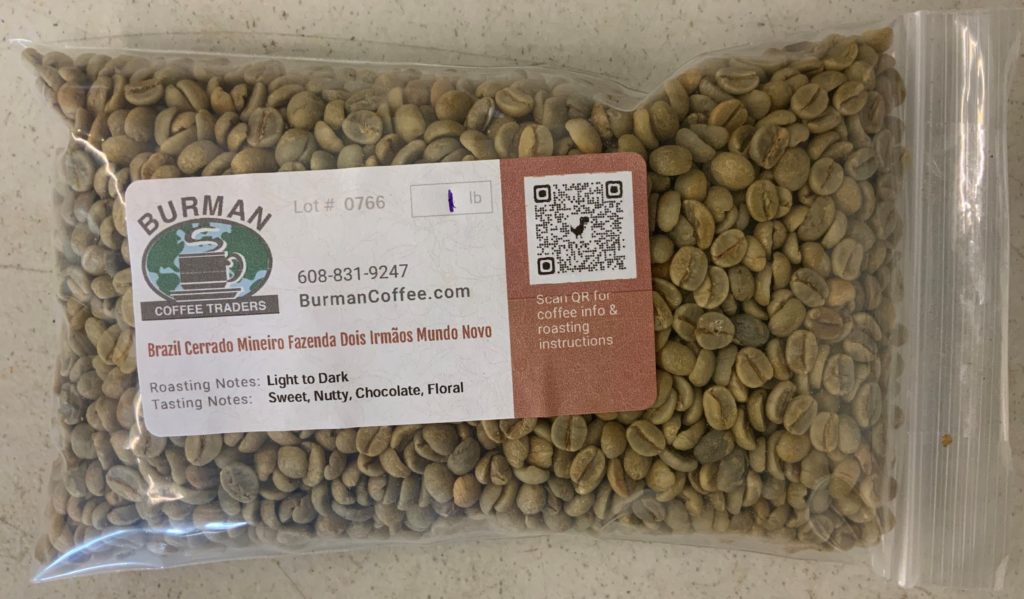
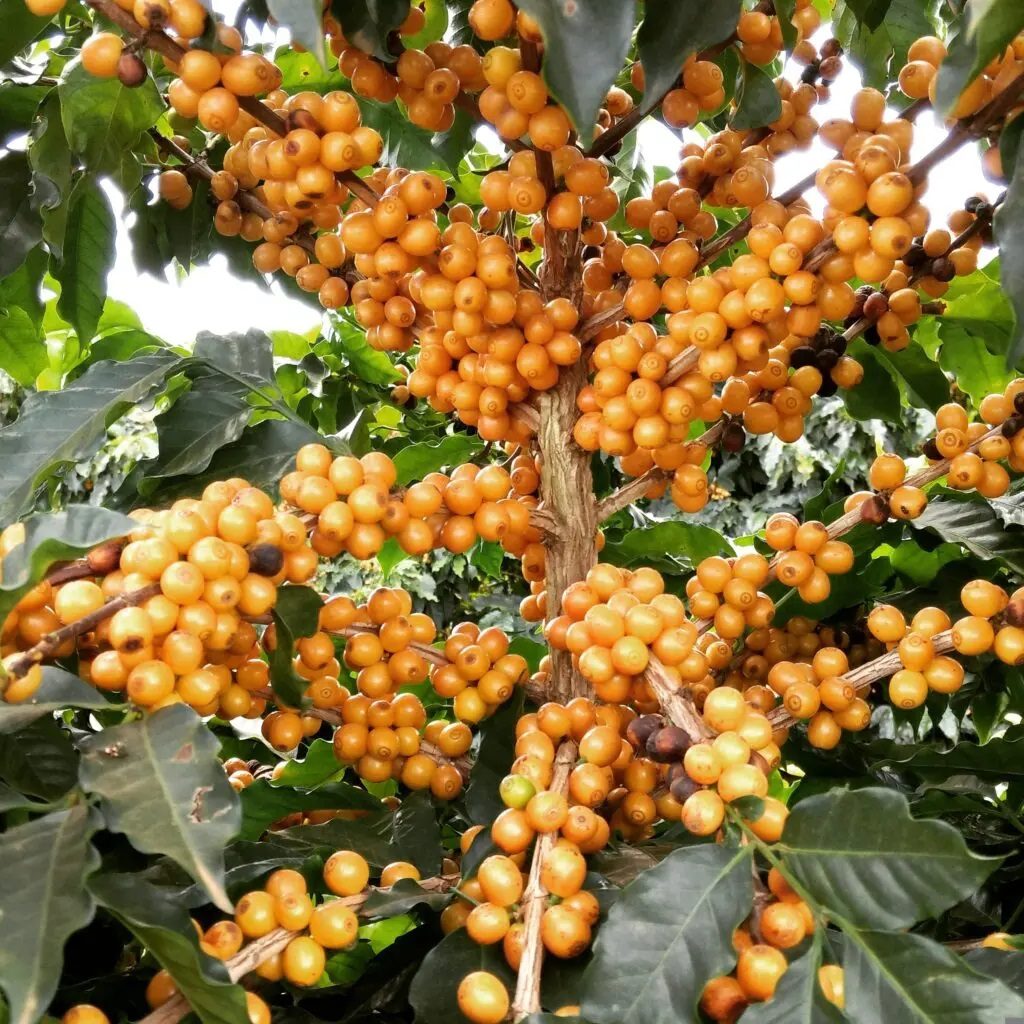
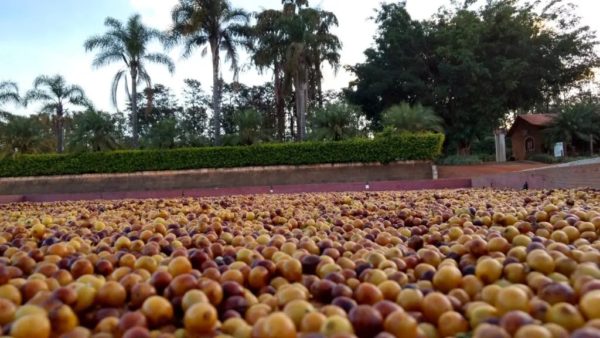
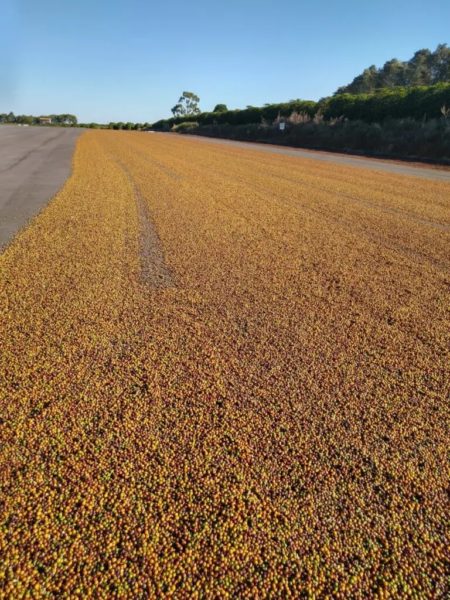
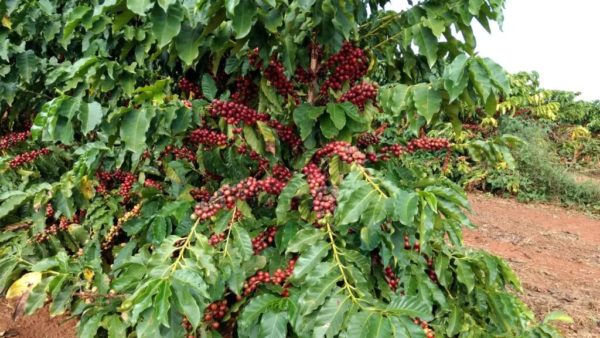
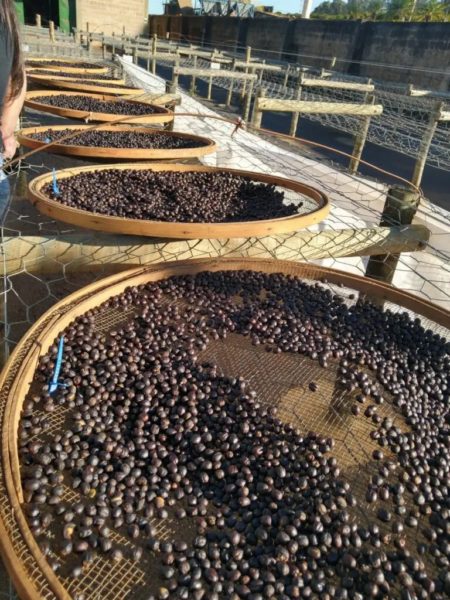
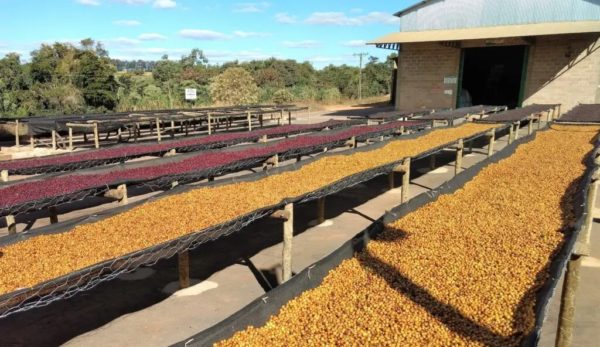
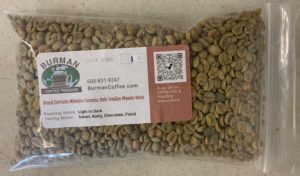
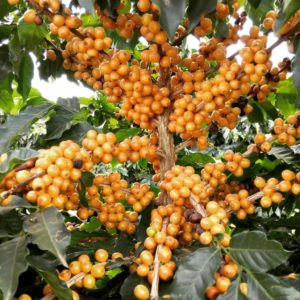
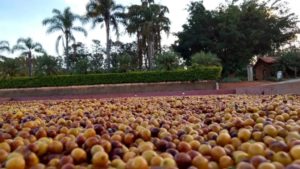
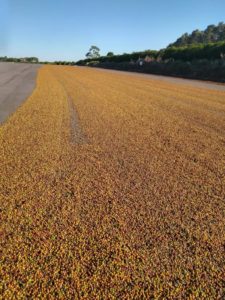
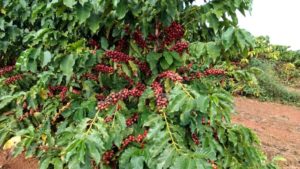
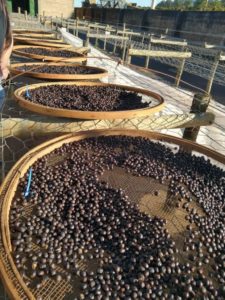
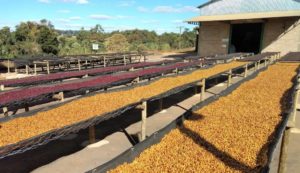
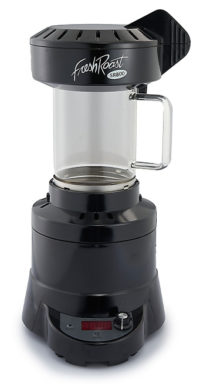
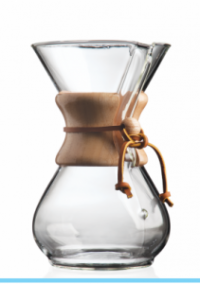
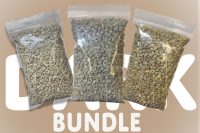
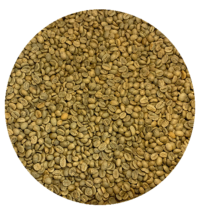

Reviews
There are no reviews yet.